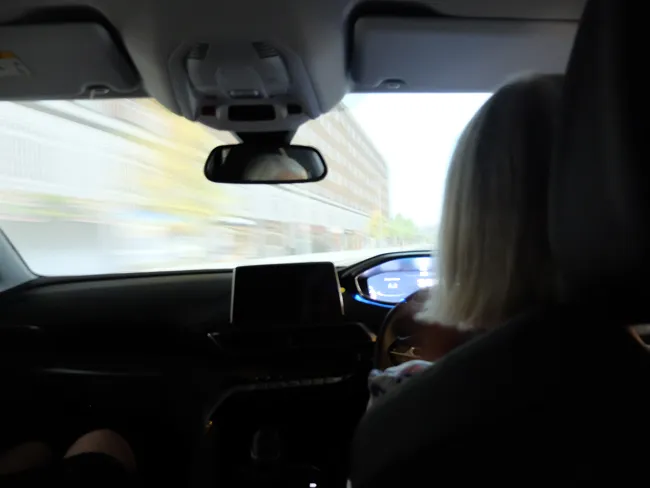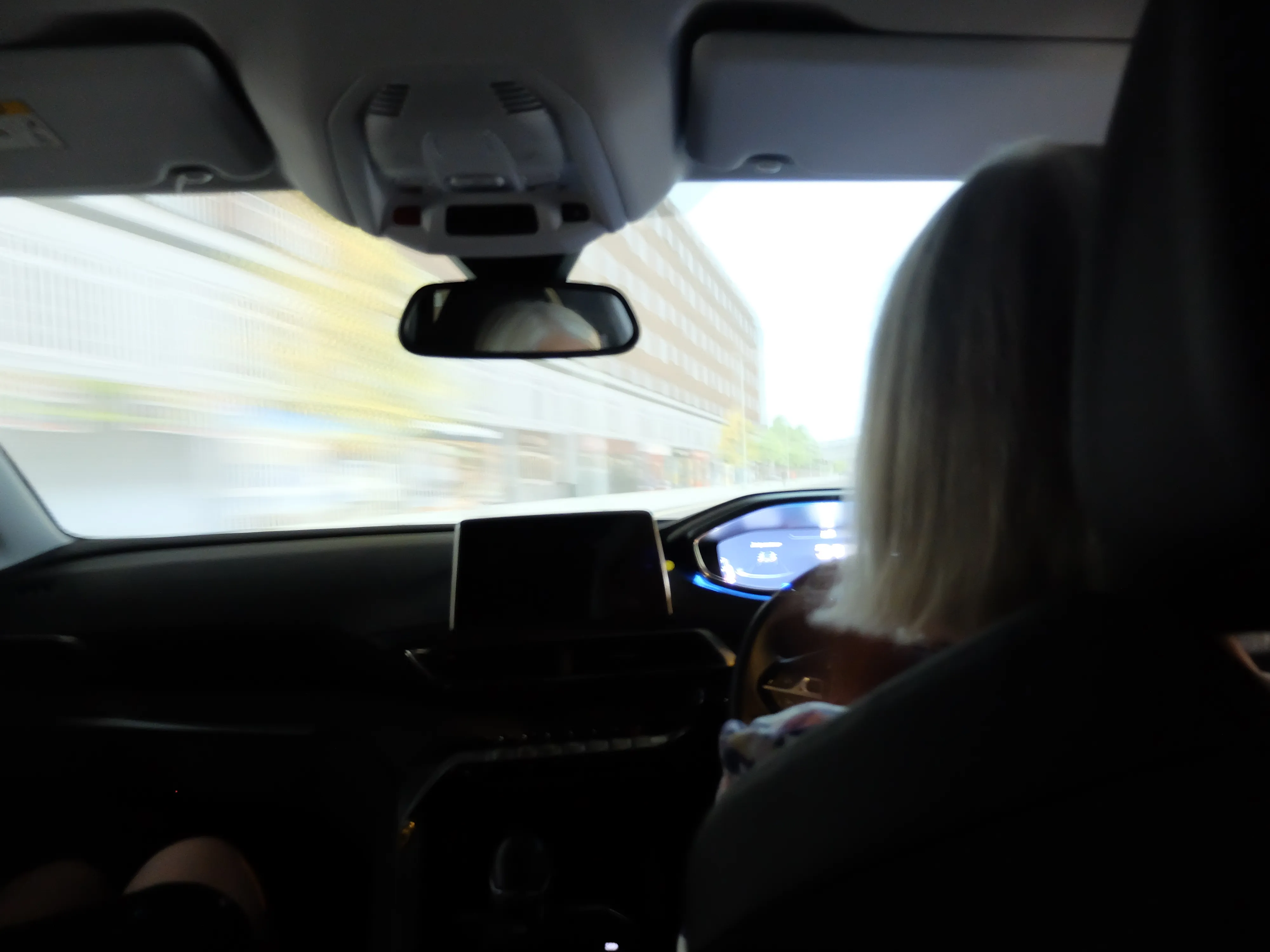Research into the risks posed by the use of smartphones by drivers has revealed extremely worrying results. An international study into this field has shown that using cellphones to send texts while at the wheel can deliver significant risks for vehicle occupants as well as others. The study has shown that sending texts while at the wheel presents a similar safety risk to being 25% over the legal limit for alcohol in the bloodstream. In addition the study has shown that using hands-free telephone technology
March 15, 2013
Read time: 3 mins
Research into the risks posed by the use of smartphones by drivers has revealed extremely worrying results. An international study into this field has shown that using cellphones to send texts while at the wheel can deliver significant risks for vehicle occupants as well as others. The study has shown that sending texts while at the wheel presents a similar safety risk to being 25% over the legal limit for alcohol in the bloodstream. In addition the study has shown that using hands-free telephone technology may not reduce risks, with the intensity and complexity of the conversation being a critical factor. The study has been carried out jointly by a number of universities and institutes. These include the University of Barcelona and from Australia; Wollongong University, Victoria University and Swinburne University of Technology.
The research compared how mobile phone impacted on driving ability against known data on alcohol use by those behind the wheel. The researcher assessed a group of drivers under laboratory conditions using simulation technology. Factors such as excess speed, reaction times for braking, changes in speed and lane changes were monitored under the tests, with drivers being assessed when not using a phone, using a hand-held device to send texts and using a hands-free system for conversation. The research also compared the effects of a simple conversation with that of a more complex discussion. A further step was to provide the test subjects with controlled quantities of alcohol to meet three set blood alcohol levels, and then carry out a series of tasks using a driving simulator. The data revealed that driving ability dropped significantly when the test subjects were using cellphones to send texts or to carry on complex conversations.
What the study shows is that the human brain does have limitations with regard to multi-tasking and this applies to both males and females alike. With regard to the hands-free technology, more research will be required to determine the difference between discussions that are involving and require greater concentration than simpler conversations. Attempting construct a legal framework around what type of discussion would be permissible for drivers using hands-free technology may be complex however and it would seem likely that simple bans may be easier to implement.
The issue of distracted driving is a growing problem around the world and this research highlights that a broader understanding of the risks as well as greater enforcement and much tougher penalties are required.
The research compared how mobile phone impacted on driving ability against known data on alcohol use by those behind the wheel. The researcher assessed a group of drivers under laboratory conditions using simulation technology. Factors such as excess speed, reaction times for braking, changes in speed and lane changes were monitored under the tests, with drivers being assessed when not using a phone, using a hand-held device to send texts and using a hands-free system for conversation. The research also compared the effects of a simple conversation with that of a more complex discussion. A further step was to provide the test subjects with controlled quantities of alcohol to meet three set blood alcohol levels, and then carry out a series of tasks using a driving simulator. The data revealed that driving ability dropped significantly when the test subjects were using cellphones to send texts or to carry on complex conversations.
What the study shows is that the human brain does have limitations with regard to multi-tasking and this applies to both males and females alike. With regard to the hands-free technology, more research will be required to determine the difference between discussions that are involving and require greater concentration than simpler conversations. Attempting construct a legal framework around what type of discussion would be permissible for drivers using hands-free technology may be complex however and it would seem likely that simple bans may be easier to implement.
The issue of distracted driving is a growing problem around the world and this research highlights that a broader understanding of the risks as well as greater enforcement and much tougher penalties are required.







